Zebrafish research
Discover the importance of zebrafish as a model organism in behavior research. Learn how studies on zebrafish can reveal valuable insights into genetic disorders, learning and memory, developmental biology and even social behavior.

What is DanioVision? A brief insight in zebrafish tracking
In this blog we provide a quick refresh on the topic of zebrafish, and how DanioVision contributes to this field.
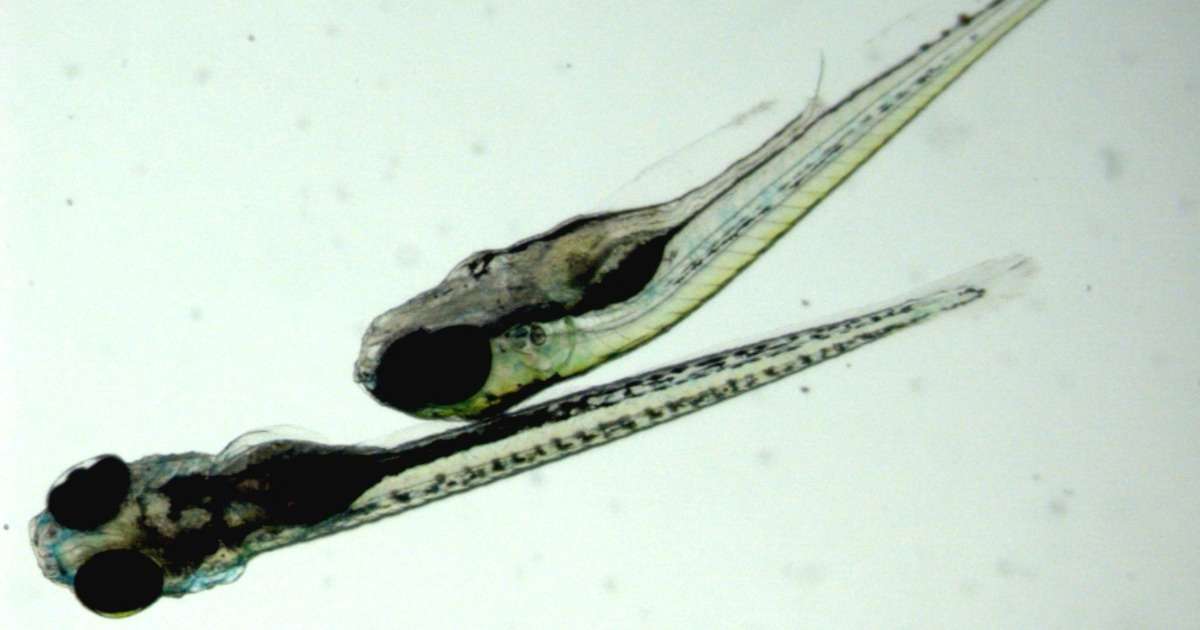
Getting robust results: one zebrafish is not like the other
Zebrafish larvae locomotor behavior often has a high variability, which can have a big impact on your results. Still, it is one of the most used parameters. So how can you make your study more robust?
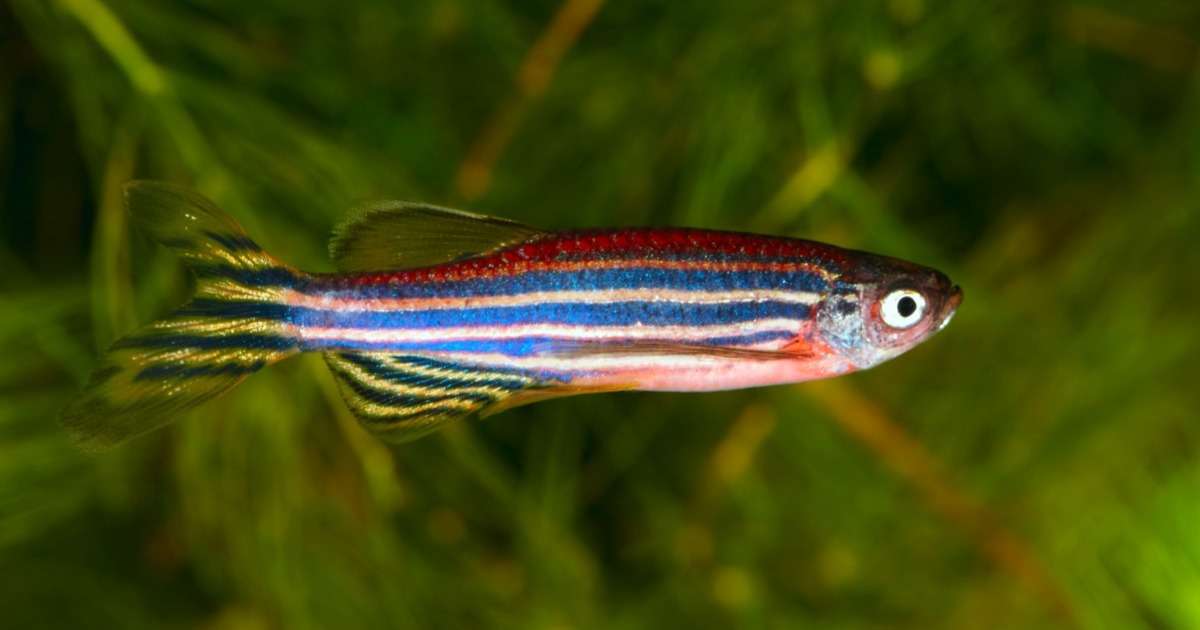
Toxicometabolism and behavior of zebrafish exposed to cannabinol
THC and CBD are well-know compounds of cannabis (Cannabis sativa), use for recreational purposes or health benefits. We have less knowledge of the effects of another active compound: CBN.
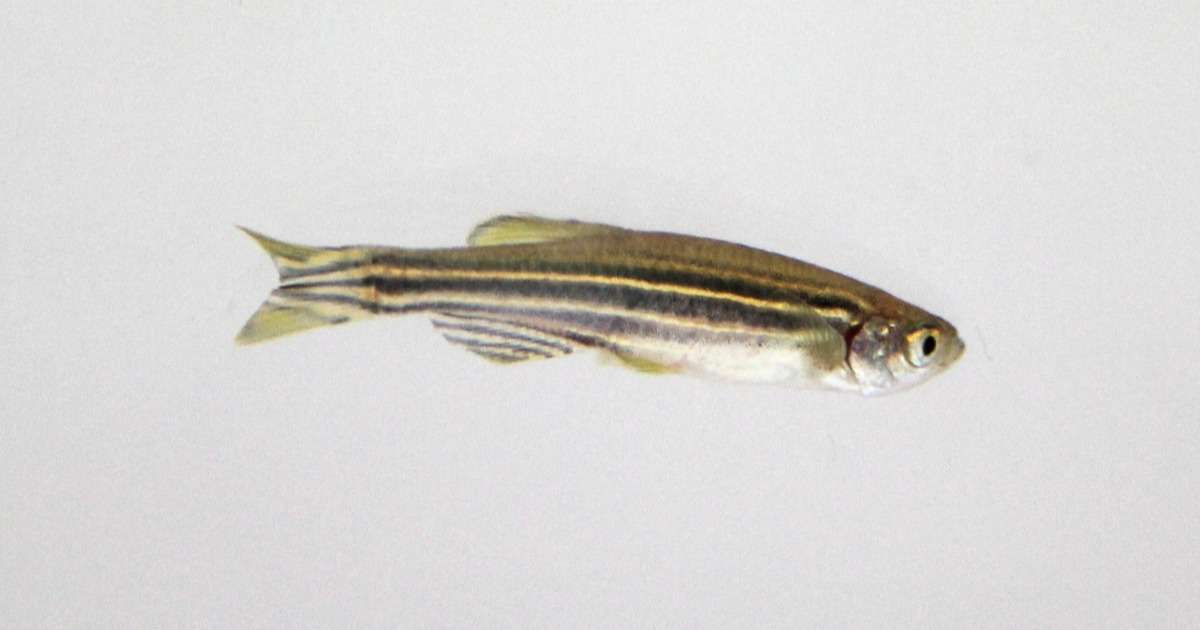
Zebrafish help us to understand neurodegenerative and neuromuscular diseases
Teresa Capriello and colleagues use zebrafish to study the neuronal mechanisms of heavy metals in connection to neurodegenerative and neuromuscular diseases.
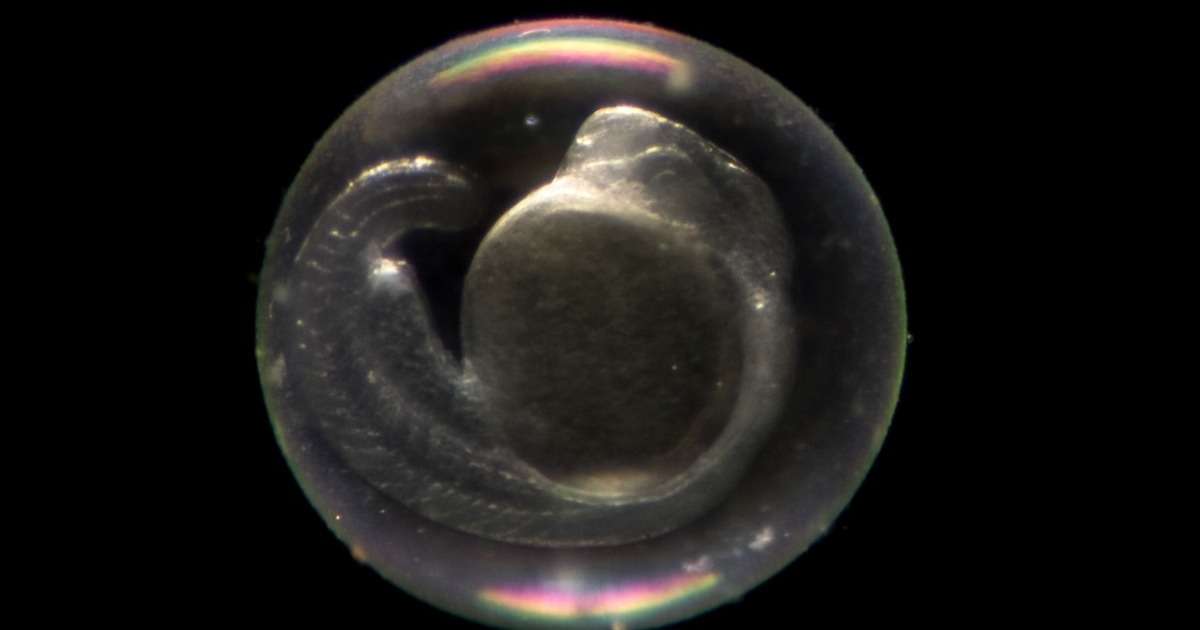
A new zebrafish model for ALS-related gene mutations
How zebrafish are helping us to discover the mechanisms behind this neurodegenerative disease.
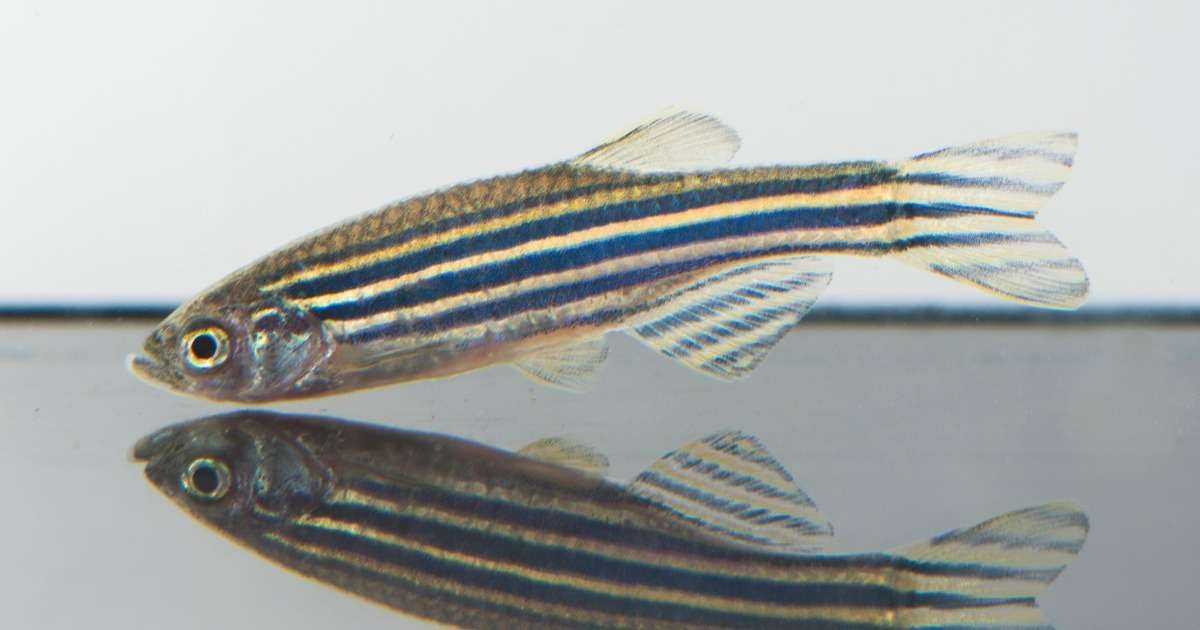
Knockout of Down syndrome gene in zebrafish leads to autistic-like behaviors
Knockout of Down syndrome gene in zebrafish leads to autistic-like behaviors: Though earlier knockout models in mice failed, researchers have developed a successful zebrafish model.

Strain differences in zebrafish behavior and physiology
A zebrafish is not just a zebrafish. Strain differences in zebrafish behavior and physiology.

Social buffering in zebrafish
Shared sorrow is half a sorrow, according to the old proverb. New research indicates that social support is not only important for us humans, but also for zebrafish!
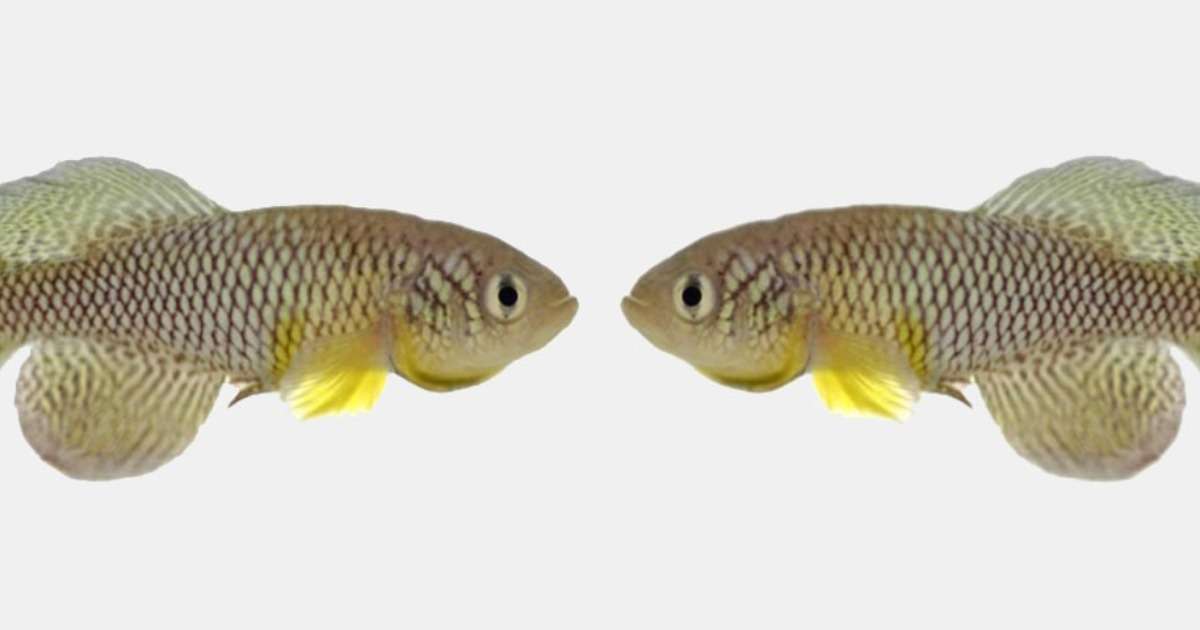
Fish live longer and are more active after eating “young poo”
Have you got the guts for it? Well, I hope you at least have the gut bacteria for it.
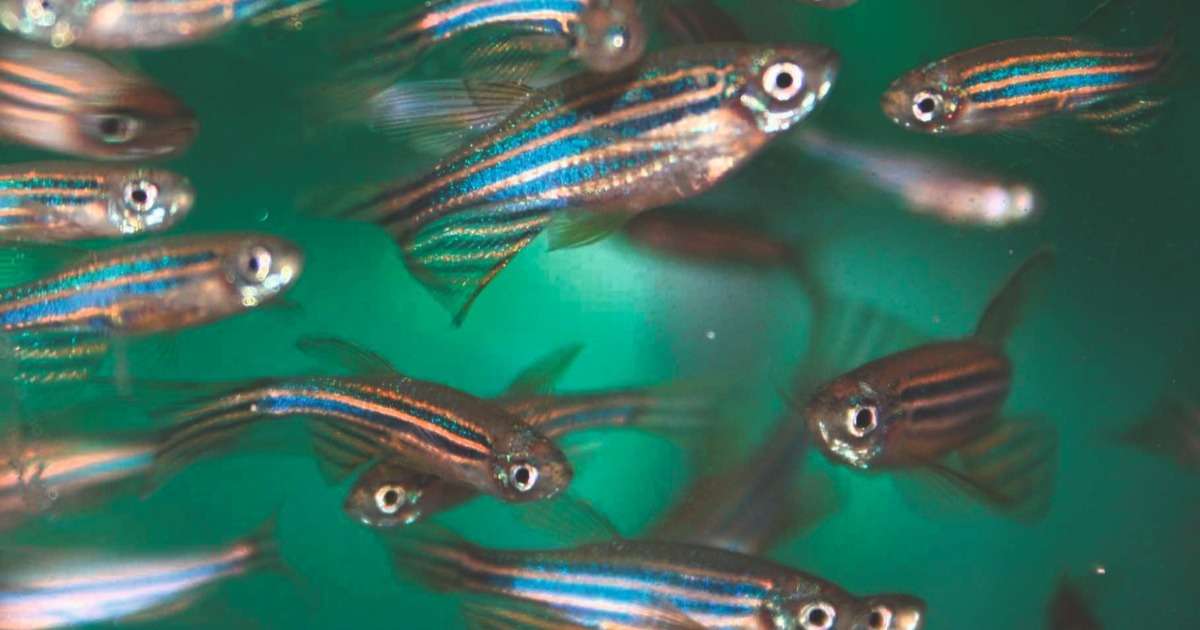
Isolated and stressed zebrafish as a model for major depression
Depression: a fifth (!) of us cope with it, making it the most prevalent psychiatric disorder. Prof. Gerlai recently investigated the interaction between mild stress and developmental isolation in zebrafish models.
